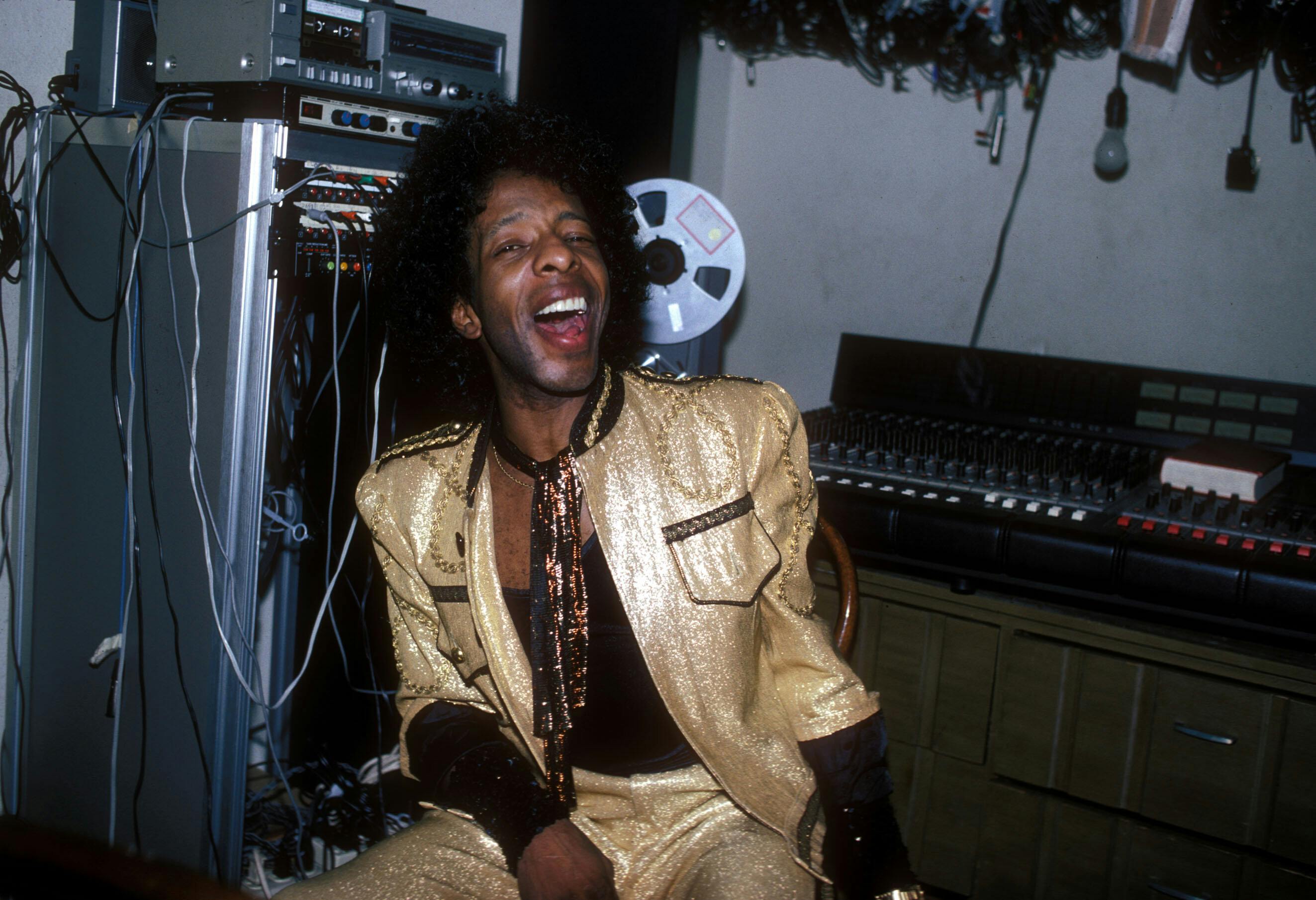
TAGTIK NEWS - TO THE POINT
RIP: Sly Stone – pioneer, visionary and tragic superstar

His career reads like a warning to young musicians
Before Rick James, before Prince, there was Sylvester “Sly” Stone. The flamboyant pioneer that blended soul, rock into hard-edged funk just died at the age of 82 in Los Angeles.
Sly Stone was a visionary musician, bandleader and writer. His early releases around the time of Woodstock laid down a template that would be exploited by others: mixed race, mixed genres and extreme funkiness.
Film director and drummer Ahmir “Questlove” Thomson featured him in a recent documentary, Sly Lives! (aka The Burden of Black Genius). “One of the strongest quotes from the movie is that Sly created the alphabet that we are still using to express music,” he told Variety. “He was the first to take advantage of being a bedroom musician, multi-track recording, the wah-wah, the drum machine, and doing everything by himself. We praise Stevie Wonder and Prince for these things, but Sly was the prototype”.
Unmatched genius
The genius of early hits such as Dance to the Music, Everyday People and Thank You For Letting me be Mice Elf Again Sly remain unmatched to this day. Escalating drug use, however, badly affected his career. In the year 1970, his group cancelled 26 of their 80 concert dates.
This period of his life is easily forgotten due to the sheer brilliance of his early material. Producer Ben Schwag knew him towards the end of his career, but is still impressed by his influence. “Every so often in music there is a singular moment or person that changes everything,” he says. “Sly was one of those that changed music. The tragedy is that he is perhaps better-known by people that musically refer to him than by the general public.”
As hip-hop performers such as De La Soul, Public Enemy, Ice Cube and the Beastie Boys have extensively sampled his music, Sly Stone’s place in music is secure.
(Michael Leahy. Source Variety et al. Photo: Robin Kaplan / Avalon / picturealliance)
LATEST NEWS

RIP: The legendary Tucker Zimmerman has passed away at the age of 84.

Born on January 18: Tom Bailey (Thompson Twins) always calls his "Doctor! Doctor!"

Born on January 17: Françoise Hardy left to find the stars in 2024

Born on January 16: Sade, the discreet gem of British soul music

Born on January 14th: Etienne Daho, always full of musical notes...

Born on January 13: Suggs (Madness), the sweet English ska madness from the 80s
Quick links